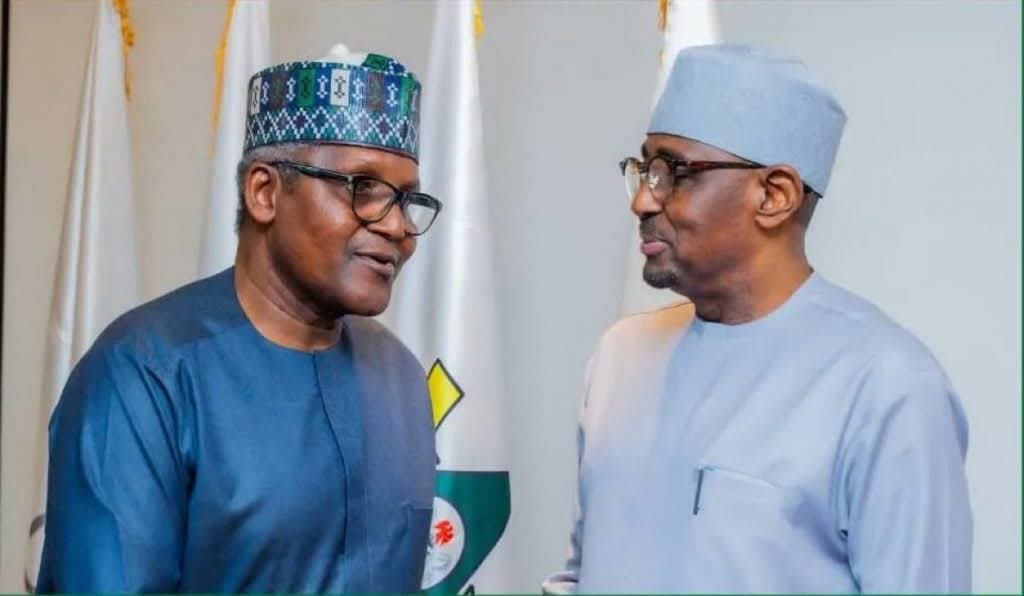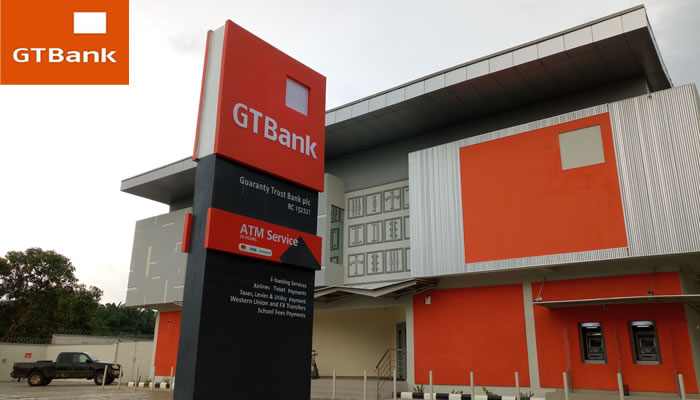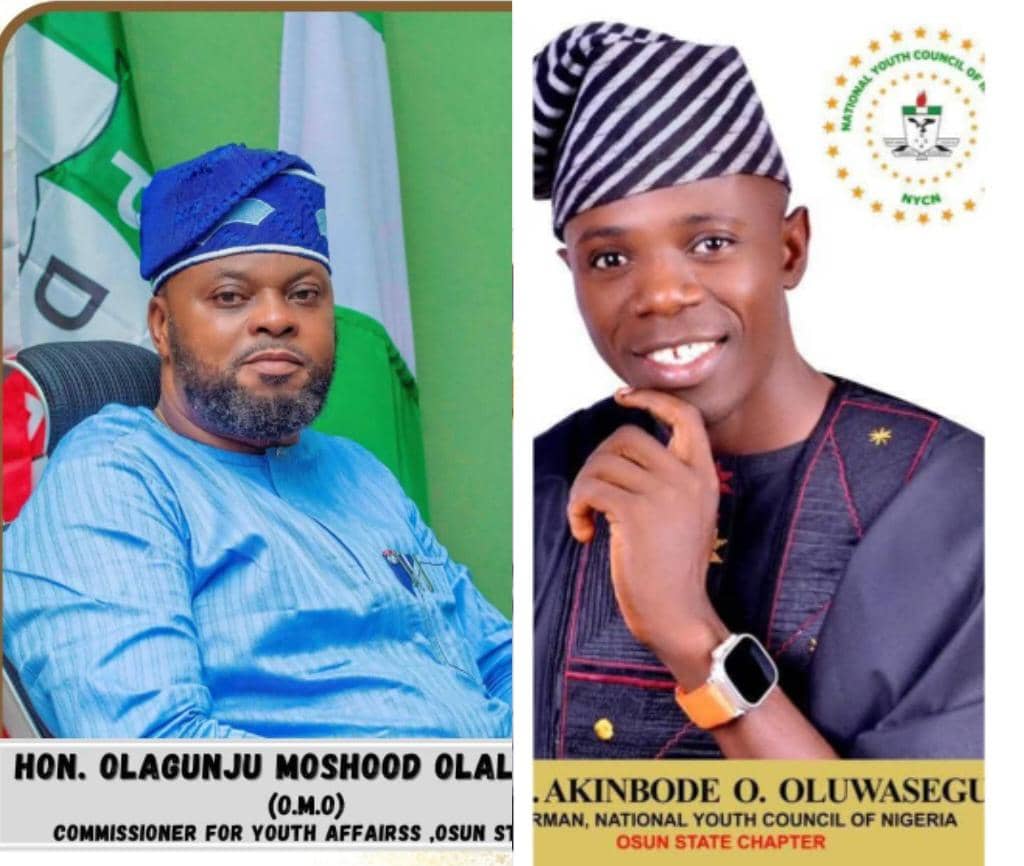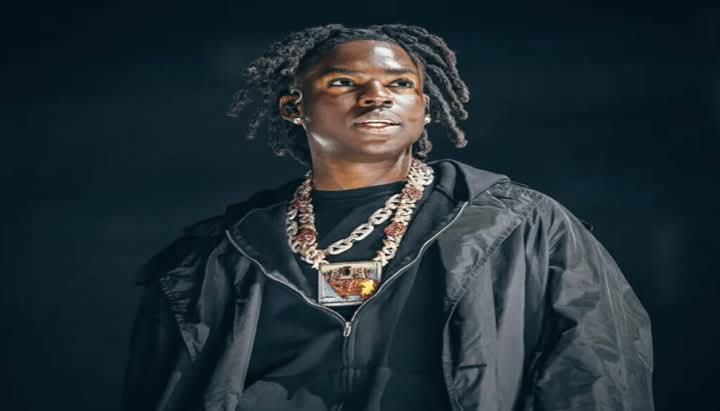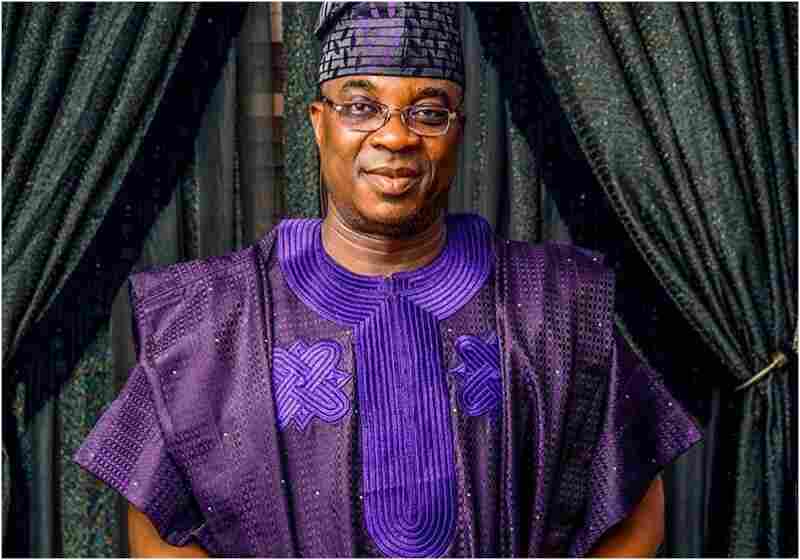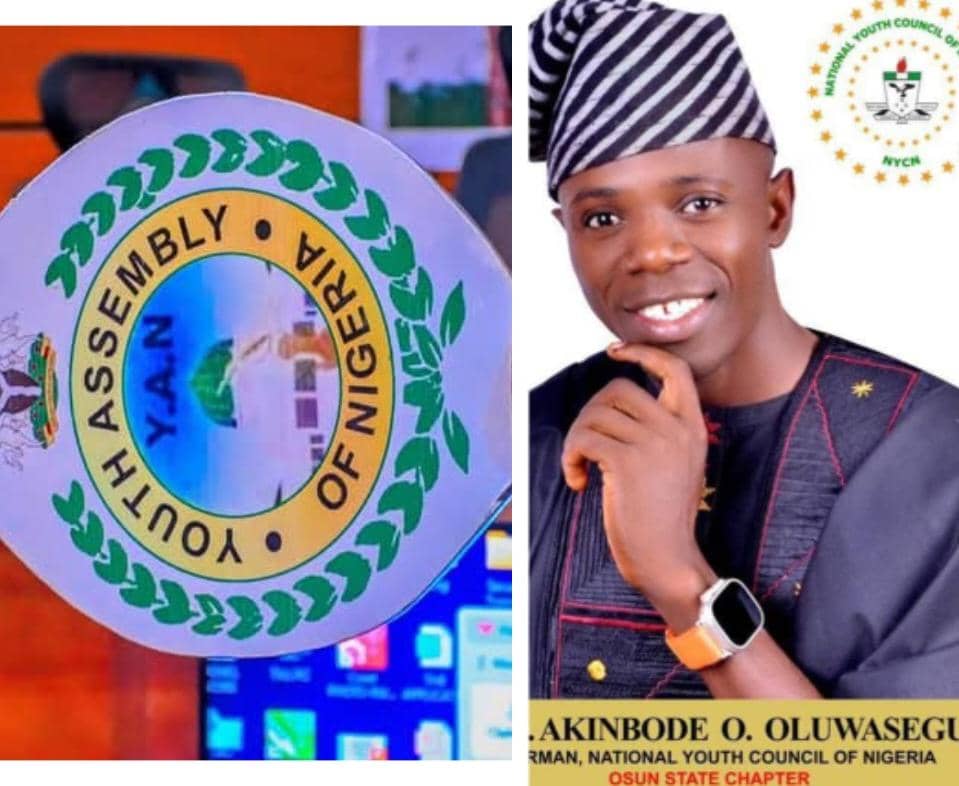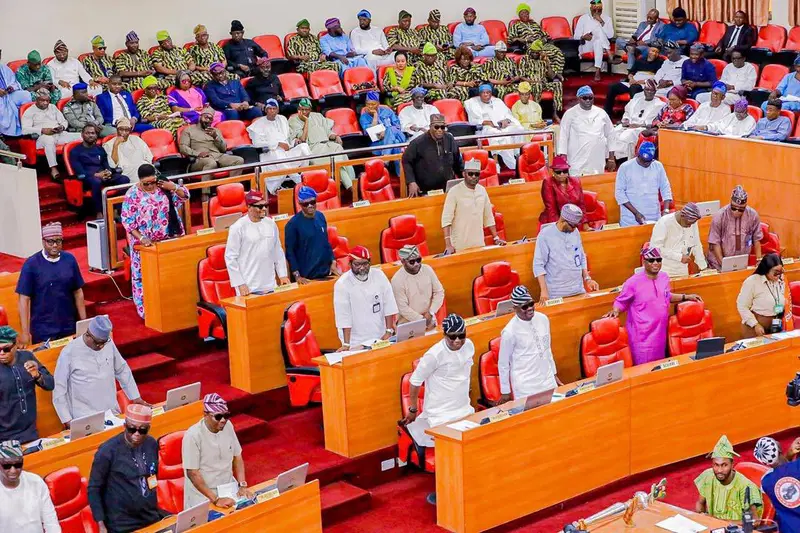
After weeks of anticipation, the Senate will today (Monday) kick off a public hearing on the proposed tax reform bills. The House of Representatives will follow suit on Tuesday, inviting stakeholders to weigh in on the contentious bills, which sparked intense debate during plenary two weeks ago before advancing to a second reading.
Senator Sani Musa, Chairman of the Senate Committee on Finance, confirmed the readiness of the Senate to begin the process, announcing, “We have agreed to start the public hearing on February 24 and 25. We plan to cover two bills each day. The Senate Committee on Finance is inviting the public, particularly organizations, to this two-day event on the tax reform bills.”
The bills under discussion include the Joint Revenue Board Establishment Fund Bill, the Nigerian Revenue Services Bill, the Nigerian Tax Administration Bill, and the Nigerian Tax Bills. Musa, representing Niger East District for the All Progressives Congress, emphasized the significance of these reforms for the Federal Government’s fiscal policies and economic revitalization.
“The primary goal is to generate more revenue for the country, enabling us to better address infrastructure, education, agriculture, and other sectors that are essential for economic growth,” Musa explained. He added that the public hearing would proceed without interference from the President, highlighting that legislators are committed to doing what is best for the nation.
Musa noted that high-level officials, including the Minister of Finance, the Minister of Trade and Investment, the Attorney-General, the Minister of Petroleum, the Chairman of the Federal Inland Revenue Service, and the Statistician General of Nigeria, had been invited to participate.
Similarly, Speaker of the House of Representatives, Tajudeen Abbas, recently announced the formation of a Special Committee to conduct a public hearing on the tax reform bills. This committee, led by the Chairman of the House Finance Committee, Abiodun Faleke, will also include six regional caucus leaders to help facilitate and gather input from across the country.
Spokesperson of the House, Akin Rotimi, clarified that while the Finance Committee leads the public hearing, all members of the House are free to attend and contribute to the discussions. “The hearing is open to all members who wish to participate as stakeholders, ensuring that the bills serve the interests of all Nigerians,” he said.
Sada Soli, a member of the Finance Committee, confirmed his attendance, stating that while he supported the reform bills overall, he had concerns about some clauses which would be addressed during the hearing.
However, an opposition lawmaker cautioned that the public hearing should not be seen as a final endorsement of the bills, stressing that the House would still vote on each provision. “The Finance Committee has been tasked with refining the bills, but we will scrutinize the final report closely,” he said.
In the North, the Coalition of Northern Groups has rejected the proposed tax reforms, claiming they would harm the region. National Coordinator Jamilu Charanchi argued that the reforms would exacerbate poverty and negatively impact religious and cultural practices. The group also expressed concerns about an increase in VAT and its potential economic consequences.
In contrast, the Northern Youth Council of Nigeria (NYCN) expressed support for the reforms, praising their potential to streamline Nigeria’s tax system and stimulate economic growth. NYCN President Isah Abubakar commended provisions that protect low-income earners and small businesses, asserting that the reforms would benefit the country in the long term.
Traditional leaders have expressed mixed responses. Some, such as Gombe’s Mai Kaltungo, confirmed attendance at the Senate hearing, while others, like the Emir of Deba and several first-class chiefs from Adamawa State, stated they had not received invitations.
The Middle Belt Forum has also shown interest in the hearings, although its president, Bitrus Pogu, indicated that they had not yet received an invitation. Despite this, Pogu emphasized that their main concern with the tax reforms centers around the revenue-sharing formula, which favors states generating higher VAT revenue.
Punch
Advertisement
